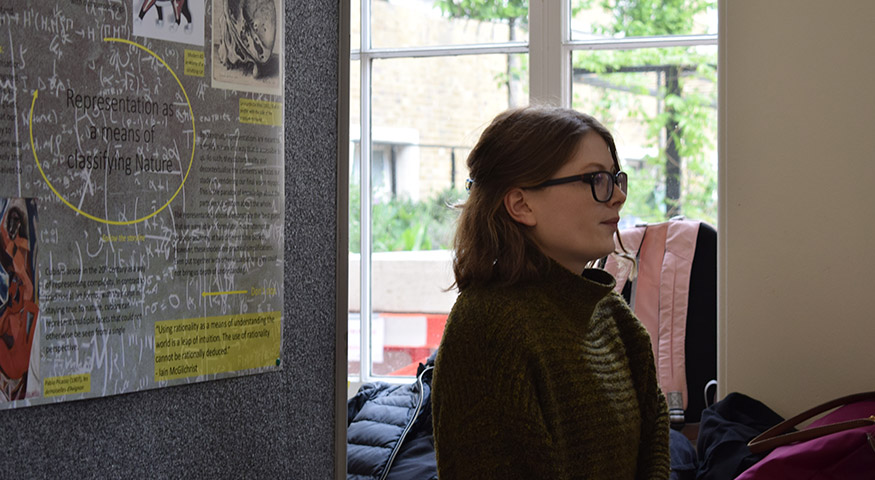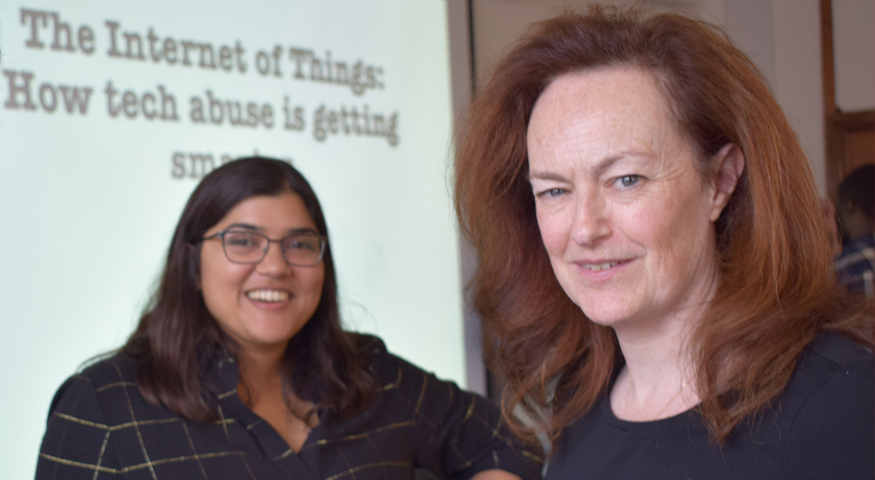Masters Degrees
STS offers qualifications under three titles, available as a degree (MSc), postgraduate diploma (PGDip), and postgraduate certificate (PGCert). Full-time and Part-time study options are available, too. STS masters programmes build on decades of experience teaching at the postgraduate level. We have award-winning tutors, a culture of interdisciplinarity, and an environment that thrives on fresh perspectives.

Science Communication MSc
Our Master of Science degree (MSc) in Science Communication was developed to prepare you for the growing number of science communication jobs - from journalism, broadcasting and publishing to public relations, public engagement and online campaigning - the programme focuses on state-of-the-art professional communication, journalism and engagement expertise from around the world, combined with an academic underpinning from science and technology studies. We will help you develop professional-quality communication skills that are thoughtful and creative. They'll help you change how people think about science in the digital, connected and global world.

History and Philosophy of Science MSc
This programme offers breadth across a wide range of historical and philosophical themes. Develop breadth and depth with our experts in history of science, philosophy of science, and "integrated HPS," an interdisciplinary speciality we helped create. Modules cover fundamentals in terms of content, analysis, and core literature. They also push in exciting new directions, such as philosophy of information and twenty-first century history. Coursework leaves room for plenty of independent research and develops skills in critical thinking and analysis of source materials.

Science, Technology, and Society MSc
Study contemporary science using a variety of disciplines: science policy and governance, science communication and engagement, and sociology of science. This programme is designed to develop research skills key to all social sciences as well as a solid understanding of core knowledge and theory. It also bolsters reflective and interpretive skills. Alongside more analytical pursuits are practical, hands-on skills in science journalism, public engagement, and policy devleopment.
 Close
Close

